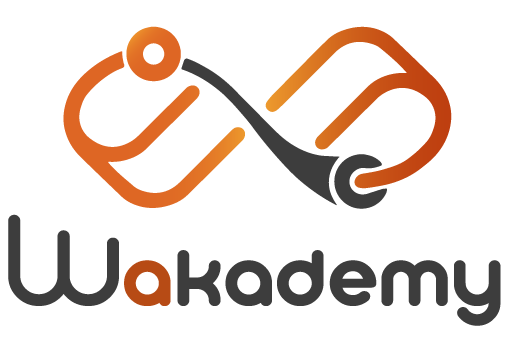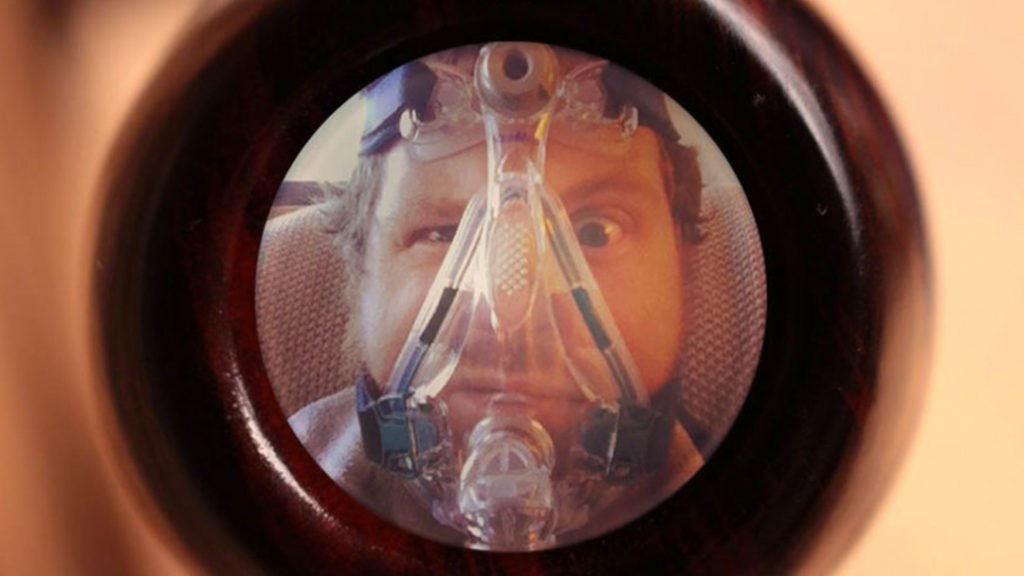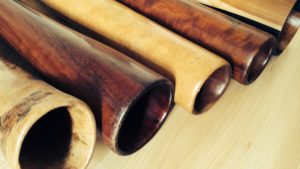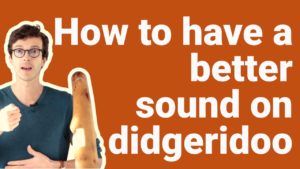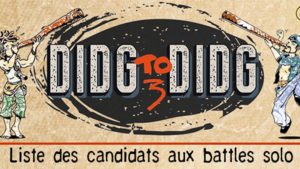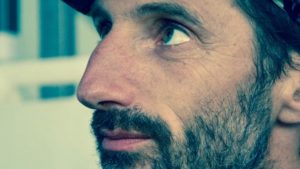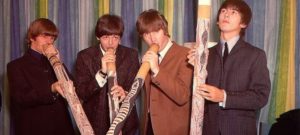In 2006, a study made in Zurich showed that regular practice (20 minutes per day) of didgeridoo on a three months period reduced obstructive sleep apnea (OSA).
I already provided didgeridoo courses at that time. Thus, I had heard of this study, but I had not had the opportunity to teach to students suffering from sleep apnea. It was not until 2008, when I was teaching at the MJC Montchapet Dijon, that I saw Robert, who came to learn to play didgeridoo, in aim to get ride of his apnea! You can imagine my surprise when, after a year of practice, Robert’s apnea had reduced from 64 to 43 apneas per hour, and then, a year later, from 43 to 17. All without losing any weight ! So ? Is didgeridoo an alternative to CPAP ? Yes, but motivation is needed !
Didgeridoo amongst doctors
After two years of didgeridoo practice, Robert had managed to free himself from all his obtructive apneas! As a fact, the remaining 17 ones were central apneas. During this period, he was able to put me in touch with Dr Kabeya and the ABIR (Bourguignonne Association of Respiratory Insufficiency, France) in aim to form a test group. Thus, I had the chance to teach didgeridoo between 2009 and 2010 to a group of ten volunteers suffering from SAS.
The apnea of the study group students was divided, at least, by three, thanks to a regular pratice of their instrument. The experience therefore gave birth to very encouraging results.
What happens ?
Most obstructive sleep apneas are due to a lack of muscle tonicity in the tongue. The tongue falls into the bottom of the oral cavity during sleep, causing a blockage that prevents air from reaching the lungs. Therefore, the tongue is a central element in most SAS cases. This is where things get interesting. The process is the same when one plays didgeridoo: all the instrument’s technique remains in the use of the tongue. Playing didgeridoo is, therefore, just a matter of re-education: the player will reinforce his/her muscular tonicity by learning the instrument! One movement appears to be very effective. It consists in pronouncing the vowel I in the didgeridoo. The tongue is pressed against the teeth. Moreover, continuous breathing does not seem necessary to get results. Indeed some students did not use it and yet managed to reduce their apnea significantly. However, despite these promising results, one must not overshadow the major constraint of didgeridoo, which is the necessity to practice daily.
The method’s limits
All method has its disadvantages, and didgeridoo is no exception to this rule. While it is true that Robert and other students were able to find the motivation to practice didgeridoo daily, it is unfortunately not the case for everyone.
From 2012 to 2015, I provided private lessons at the Médimarien medical center in Brussels in collaboration with the physiotherapist Arthur Schuiten, as a part of sleep apnea and snoring cases. During these three years, few students were able to find the motivation to play. One must know that the beginnings of didgeridoo are often laborious. And I noticed that people who do not provide themselves with the means to achieve during the first month are likely to stop praticing in the following weeks.
Although most people who practice regularly feel better after a few weeks, it takes several months to achieve tangible results. Didgeridoo is a marathon whereas some people are preparing a sprint.
The motivation of didgeridoo
The first month, didgeridoo therefore requires motivation and discipline. While many give up, others continue and hang on. At the end of the day, those like Robert, who played regularly are students who fell in love with didgeridoo. This enabled them to change their views on the instrument. Rather than seeing it as “something to do”, they saw it as a hobby, a moment of relaxation, time for them.
Your determination is most important, just as much as your wish to give yourself the means to succeed. Fortunately, a didgeridoo does not cost much (see “What didgeridoo to start with”). As a result, you lose nothing by trying. You can thus see if it suits you. You can also download the beginner’s guide to start your learning ! Feel free to ask me questions and to share your experience in the sections below, I’d be happy to answer them !

